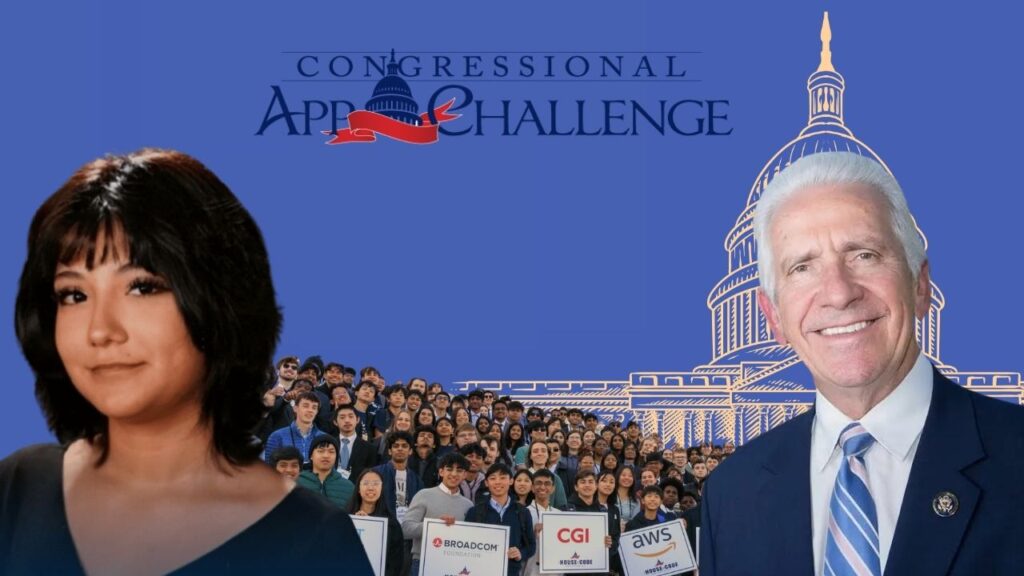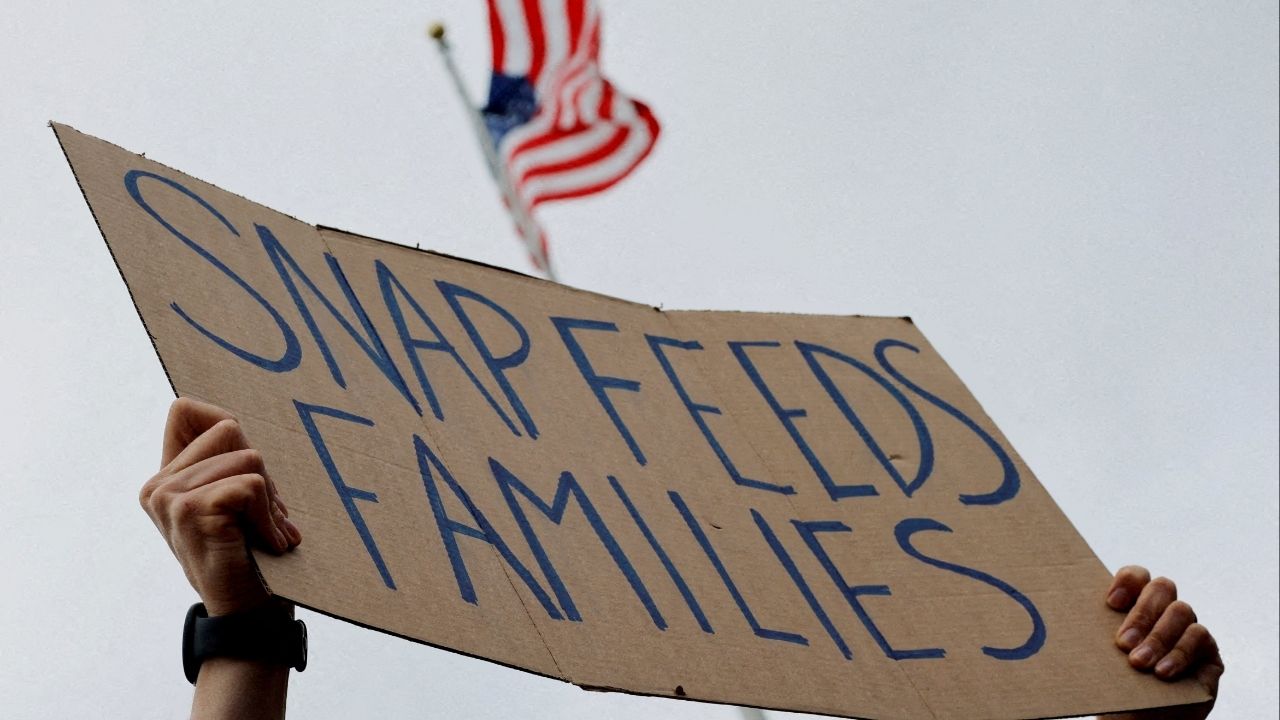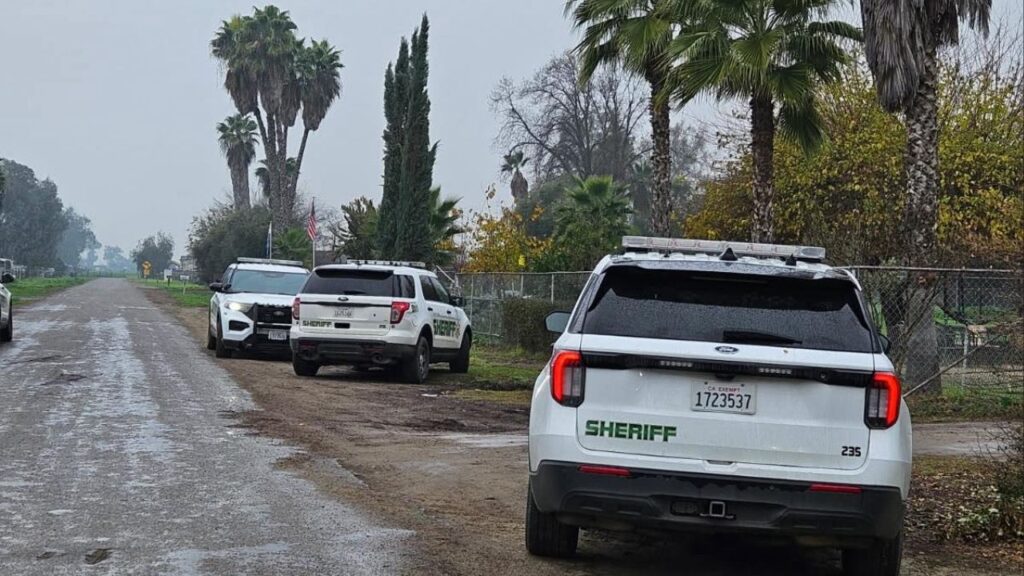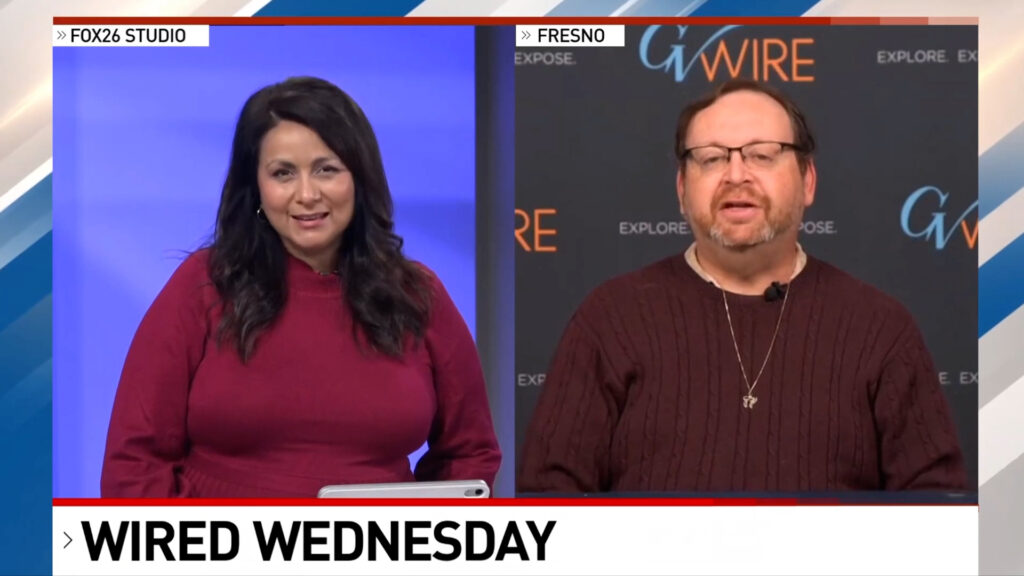A man holds a sign reading "SNAP Feeds Families," as food aid benefits will be suspended starting November 1 amid the ongoing U.S. government shutdown, during "A Rally for SNAP" on the steps of the Massachusetts Statehouse in Boston, Massachusetts, U.S., October 28, 2025. (Reuters File)
Share
|
Getting your Trinity Audio player ready...
|
WASHINGTON — A growing roster of states including New York, Kansas, Pennsylvania and Oregon said Friday that they had started to send full food stamp benefits to low-income Americans, restarting the critical aid program even as a legal battle with the White House remained unresolved.
As benefits started to reach some recipients, the Trump administration continued to challenge a judge’s recent order to fully fund the Supplemental Nutrition Assistance Program during the shutdown. On Friday morning, the administration asked an appeals court to block that directive, in a move that could severely disrupt the nation’s largest anti-hunger initiative.
In that scathing order, issued Thursday, Judge John J. McConnell Jr., of the U.S. District Court for the District of Rhode Island, directed the government to tap an ample store of leftover federal money to fund food stamps in their entirety for this month.
In doing so, the judge faulted President Donald Trump and his top aides for using the nutrition benefits as a political bargaining chip. And he gave the government a Friday deadline to comply and release full payments for states, which administer food stamps for roughly 42 million people.
But lawyers for the government asked the 1st U.S. Circuit Court of Appeals to halt that requirement and render a ruling before 4 p.m. If the administration prevails, it could severely cut or delay aid that helps many families purchase groceries.
In its request, the Justice Department defended its refusal to fund full nutrition benefits swiftly for the roughly 1 in 8 Americans who receive them. Lawyers for the government said there was no “lawful basis” to force the president to find money in the “metaphorical couch cushions.”
The administration also rejected the suggestion that Trump had politicized the nutrition program, even though the president had threatened just days earlier to withhold all aid until Democrats caved to his fiscal demands. The Justice Department even argued that the directive to fund SNAP had “scrambled ongoing political negotiations” — although there is no evidence that Trump has tried to broker an end to the shutdown.
Lawyers for cities, religious groups and other nonprofits, which had sued to force the release of food stamp funding, sharply condemned the Trump administration in their own legal filing Friday. They said the Justice Department’s request would inflict “grave harm” on low-income people.
The legal wrangling offered no comfort to the millions of Americans once again facing the risk of hunger and severe financial hardship as the federal shutdown stretches into its sixth week, the longest in U.S. history. Some of these families have been without aid for days, according to local officials, as their states grappled with conflicting and complicated instructions about the availability of federal funds.
Even as some states forged ahead with restarting full SNAP benefits by late Friday, it remained unclear what would happen if the appeals court sided with the White House and allowed the administration to withhold some of the money.
“The Trump administration’s decision to withhold food assistance from families in need was cruel and unlawful,” Gov. Tina Kotek of Oregon, a Democrat, said in a statement. “Oregonians shouldn’t have to wait for a court order to get the help they qualify for and need.”
Since the start of the shutdown, Democrats and Republicans alike had clamored for Trump to spare SNAP from any disruption. But the White House repeatedly claimed that it lacked the power to preserve food stamps, a program the president has long targeted for spending cuts. The refusal to act contrasted sharply with Trump’s other moves during the shutdown, throughout which he has reprogrammed billions of dollars without lawmakers’ approval — including to pay officials conducting mass deportations.
By its own admission, the government had tens of billions of dollars left over that it could use to sustain food stamps this month. That included a roughly $5 billion emergency reserve that was specifically enacted by Congress for SNAP, as well as a second pot of money at the Agriculture Department, which is filled primarily with tariff revenue.
Together, those funds well exceeded what would be needed to finance the nutrition benefits. And the Trump administration had already tapped some of the tariff money to prevent interruptions to another federal nutrition program during the shutdown.
But the Trump administration at various points refused to take the same action with SNAP, prompting a series of lawsuits, including the challenge brought by local officials at the federal court in Rhode Island.
Initially, McConnell gave the government discretion on whether to make partial or full payments in November, and the funding source from which it would source that aid. His order required the Trump administration to act quickly and make those payments by this week.
In the end, the Agriculture Department opted for partial funding for food stamps, and the way it devised those payments threatened to leave millions of families with no aid at all, or without benefits for weeks or months. Many states, which sued separately in a case awaiting a ruling in Massachusetts, described the conditions foisted onto the program as unnecessarily burdensome.
That prompted McConnell on Thursday to require the government to tap additional funds to make payments in full. That, he said, would avert any cuts and delays, as he admonished the Trump administration for its actions.
“This should never happen in America,” the judge said during a tense but brief hearing.
—
This article originally appeared in The New York Times.
By Tony Romm
c. 2025 The New York Times Company
RELATED TOPICS:
Categories

Selma High School Student Wins Congressional App Challenge


















